Uncovering the Unwritten Rules of Baseball
Baseball's unwritten rules: a secret code of sportsmanship and respect that transcends the official rulebook. Explore the hidden traditions that make America's pastime more than just a game.
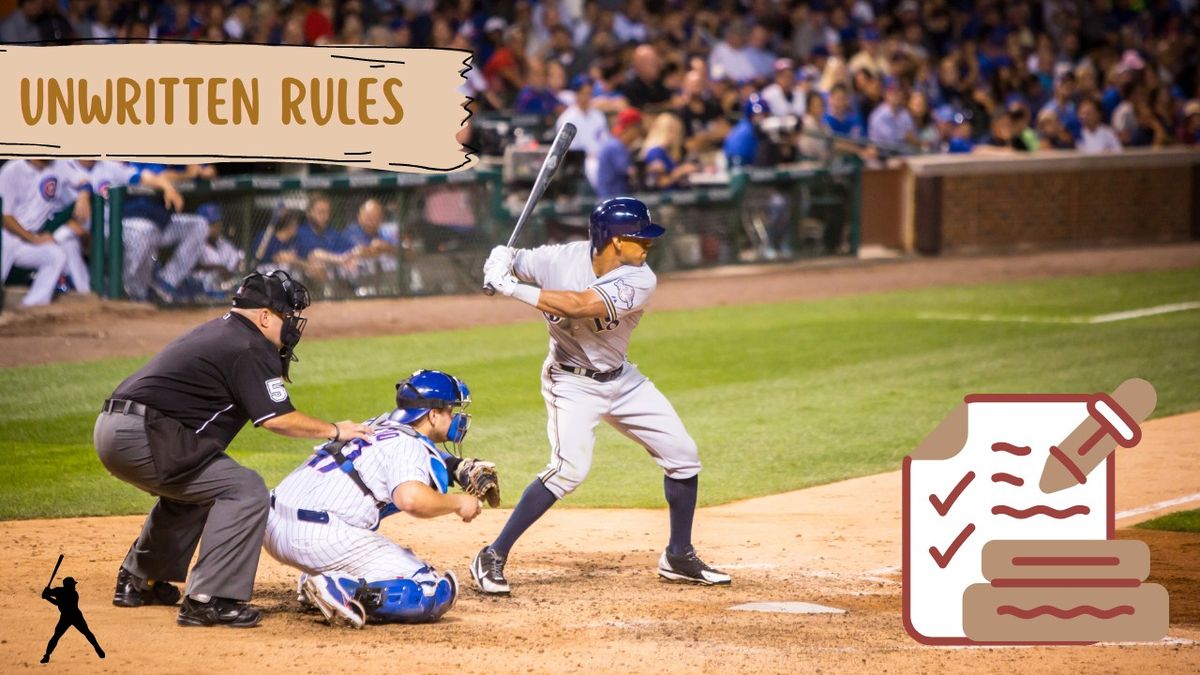
Baseball is the sport that celebrates the crack of the bat, the smell of freshly cut grass, and the age-old tradition of passing down unwritten rules like prized heirlooms. You see, in the world of America's favorite pastime, there's more than meets the eye. Beyond the stats and the innings, there exists an unspoken code, a set of guidelines known as the "unwritten rules of baseball."
These rules, like a secret handshake among players, govern the game's unwritten etiquette and the unspoken do's and don'ts that define the spirit of baseball. So, what are these elusive, off-the-record commandments that players and fans alike hold dear?
Get ready to dive into the unwritten rules of baseball, where tradition meets unspoken wisdom, and where a misplaced bat flip can lead to a mound-side chat.
So, let's step up to the plate and uncover the quirks and quirkiness of the unwritten rules that make baseball so beautifully peculiar.
Don't Talk About a No-Hitter in Progress
In the world of baseball, there's a superstition as old as time itself: the mere mention of a "no-hitter" in progress is akin to tempting fate. This unwritten rule dictates that you never utter the words "no-hitter" while a pitcher is in the midst of one. Why, you ask?

Well, it's all about preserving the pitcher's focus and avoiding jinxing the rare and delicate feat. It's like a silent pact among fans and players to let history unfold without interference. So, when you're at the ballpark and your team's ace is on the cusp of something special, remember: lips sealed, fingers crossed, and let the magic happen.
Don't Steal Bases When Greatly Ahead
There's an unspoken agreement that stealing bases when your team is significantly ahead on the scoreboard is a bit of a no-no. It's all about sportsmanship and not piling on unnecessary humiliation. When a team is comfortably in the lead, stealing bases can come across as rubbing salt in the wound.
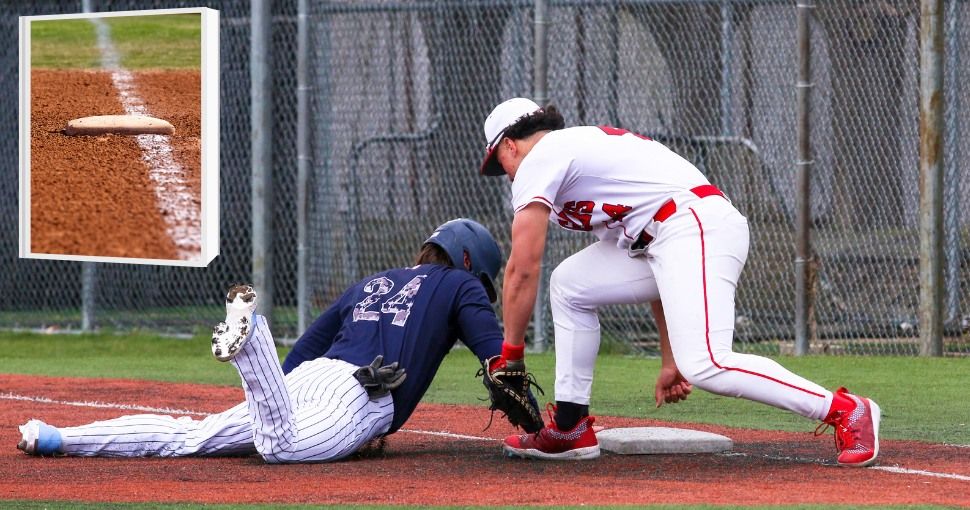
So, in the spirit of fairness and respect for the opposing team, many players and managers choose to hold back on aggressive tactics like base-stealing when victory is already well in hand. It's a reminder that baseball, at its heart, is not just about winning but also about playing with integrity and honor.
Don't Steal Bases When Greatly Behind
In the world of baseball's unwritten rules, there's reciprocal respect between teams. When a team finds itself greatly behind in the score, attempting to steal bases is often seen as unnecessary and unsportsmanlike. It's a way of acknowledging that the game's outcome is no longer in doubt and pushing for extra bases would only add to the lopsided nature of the game.
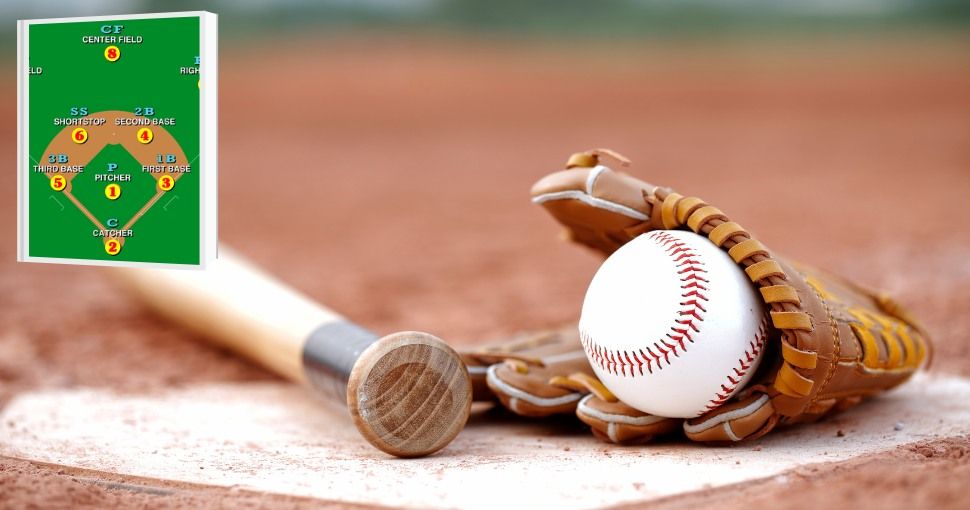
In such situations, players and teams often choose to focus on the fundamentals of the game and maintain a sense of dignity in defeat rather than pursuing aggressive tactics like base stealing. It's a subtle nod to the principle that sportsmanship and respect for the game should always prevail, regardless of the score.
Don't Steal Third with Two Outs
The unwritten rule of not stealing third base with two outs in baseball is rooted in strategic thinking. When there are two outs, the next hit or play often determines whether the runner on second can score. Attempting to steal third in this situation can be counterproductive because it carries a higher risk of getting caught, which would end the inning.
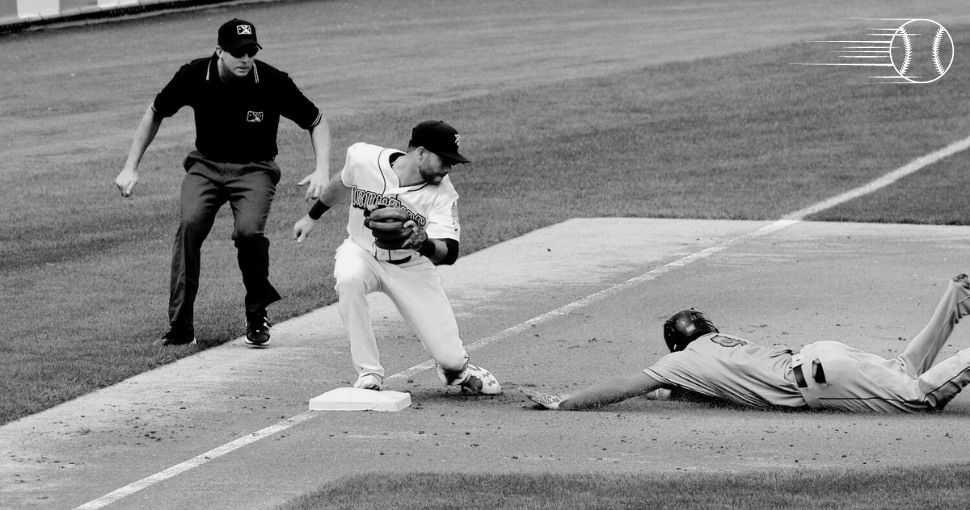
By staying put at second, the runner gives the batter a better chance to drive them home with a hit, increasing the team's scoring potential. It's a strategic decision to prioritize the likelihood of scoring over the marginal advantage of being third instead of second.
If a Pitcher Hits a Teammate, Hit One of Theirs
The unwritten rule of retaliating when a pitcher hits a teammate stems from a sense of team loyalty and protecting one's own. If an opposing pitcher hits a player on your team, it's often expected that, at some point, your team's pitcher will retaliate by hitting one of the opposing team's batters.

This serves as a message that intentionally or not, the opposing pitcher's actions will not go unanswered. While it may seem like an act of aggression, it's seen as a way to maintain a balance of power and respect among teams, discouraging reckless or dangerous pitches while also showing solidarity with teammates.
Don't Admire a Home Run
The unwritten rule of not admiring a home run is about respecting the game's decorum and not showing up to the opposing team or pitcher. In baseball, hitting a home run is an achievement, but pausing to admire it, often referred to as "bat flipping" or "showboating," is viewed as unsportsmanlike and disrespectful.
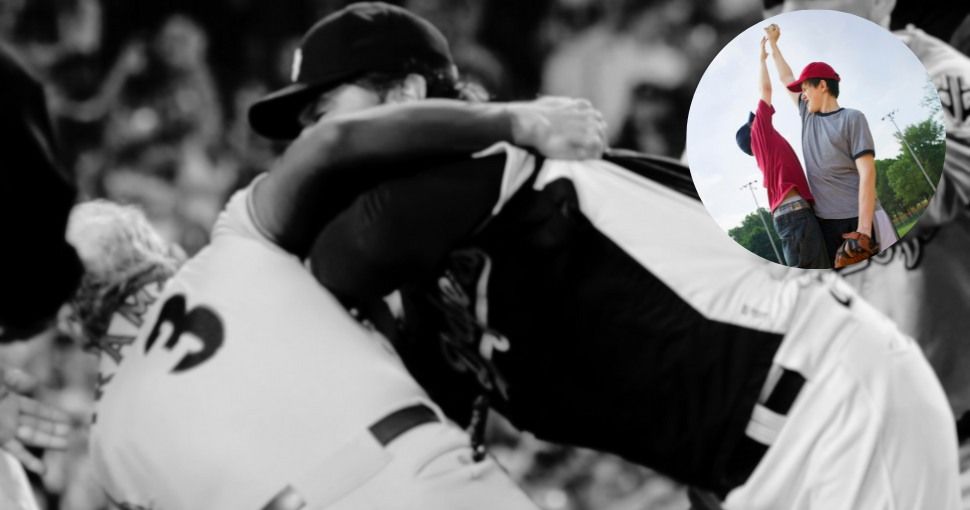
It can escalate tensions between teams and lead to retaliation. Baseball's unwritten rules emphasize humility and teamwork, reminding players that individual success is best celebrated within the context of the game's traditions.
Don't Step on the Pitcher's Mound
The unwritten rule of not stepping on the pitcher's mound is rooted in respect for the pitcher's workspace. The mound is the pitcher's domain, akin to an artist's canvas. It's where they set up their rhythm and strategy. Stepping on it, especially by an opposing player, is seen as invasive and disrespectful.
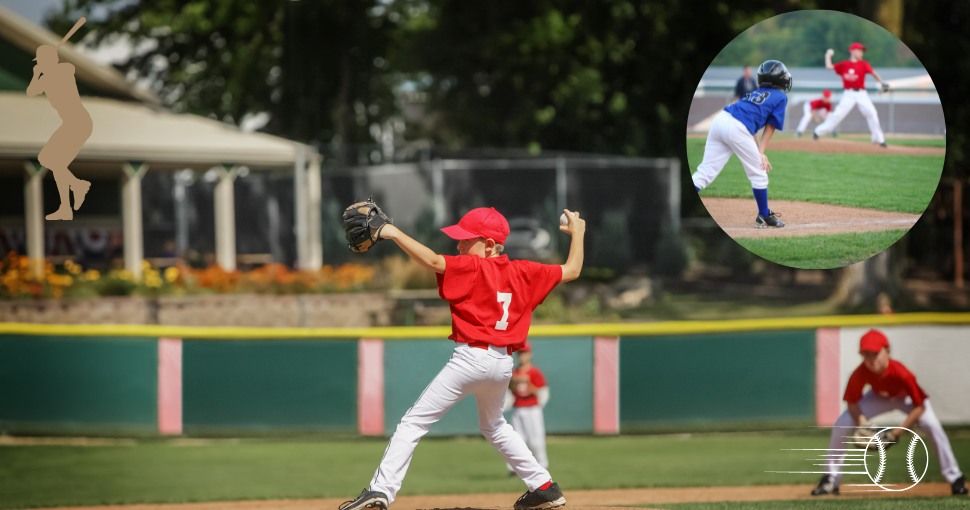
It's a way to maintain a sense of order and respect in the game, similar to not walking on someone's freshly mowed lawn. While it may seem like a small gesture, in baseball's culture, it carries significance as a sign of sportsmanship and courtesy.
Don't Step in the Batter's Box While the Pitcher Is Warming Up
The unwritten rule of not stepping into the batter's box while the pitcher is warming up is a matter of courtesy and safety. It allows the pitcher to practice their throws without any distractions or the risk of accidentally hitting the batter.

It's a sign of respect for the pitcher's preparation process and helps maintain the flow and safety of the game. Violating this rule is considered disrespectful and disrupts the pitcher's routine, which is a key element of their performance.
Hit the Ball Where It's Pitched
It's a fundamental principle of baseball strategy that means that a batter should try to make contact with the ball based on its location when it crosses the plate. If the pitch is on the outside part of the plate, the batter should aim to hit it to the opposite field, and if it's on the inside, pull it to the same side.
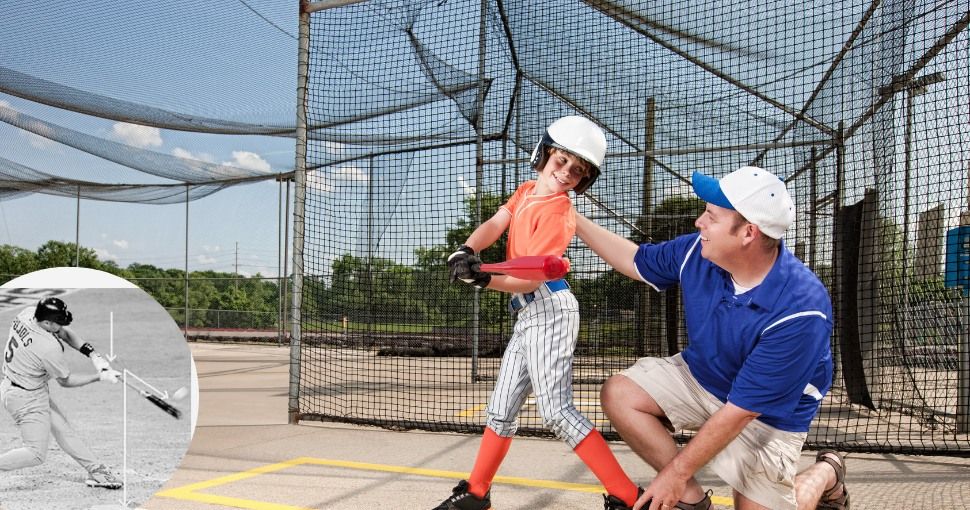
This approach maximizes the chances of making solid contact and getting on base. It's a fundamental aspect of hitting that emphasizes adaptability and precision, allowing batters to take advantage of the pitch's location for better outcomes.
Play for the Win on the Road, a Tie at Home
The unwritten rule of "play for the win on the road, a tie at home" reflects a strategic approach to baseball games. When a team is playing away from their home stadium, they often adopt a more aggressive style of play, taking calculated risks to secure a victory.
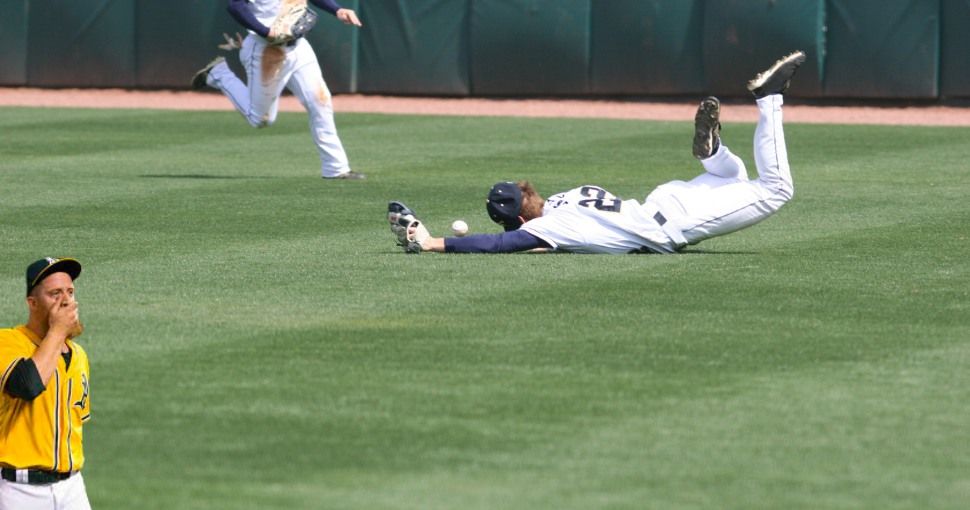
In contrast, when playing on their home turf, teams might be more conservative, willing to settle for a tie or extra innings rather than risking a loss. This approach is based on the idea that winning games on the road is crucial, while at home, preserving the tie or advantage is often seen as a safer strategy. It's a tactic that reflects the importance of home-field advantage and the psychology of baseball.
Don't Bunt to Break Up a No-Hitter
The unwritten rule of not bunting to break up a no-hitter is a matter of respecting the pitcher's outstanding performance. In the late innings of a game where a pitcher is on the verge of completing a no-hitter, attempting a bunt for a cheap hit is seen as unsportsmanlike and lacking respect for the pitcher's achievement.

Instead, hitters typically aim to get on base legitimately, either by making solid contact or drawing a walk. This unwritten rule underscores the unwavering respect for the historic and challenging feat of a no-hitter, even in the heat of competition.
Follow the Umpire's Code
"Follow the Umpire's Code" is a fundamental unwritten rule in baseball that emphasizes the importance of respecting and abiding by the decisions made by the umpire on the field. Umpires play a critical role in officiating the game, and their calls, whether on balls and strikes, safe or out, are considered final.
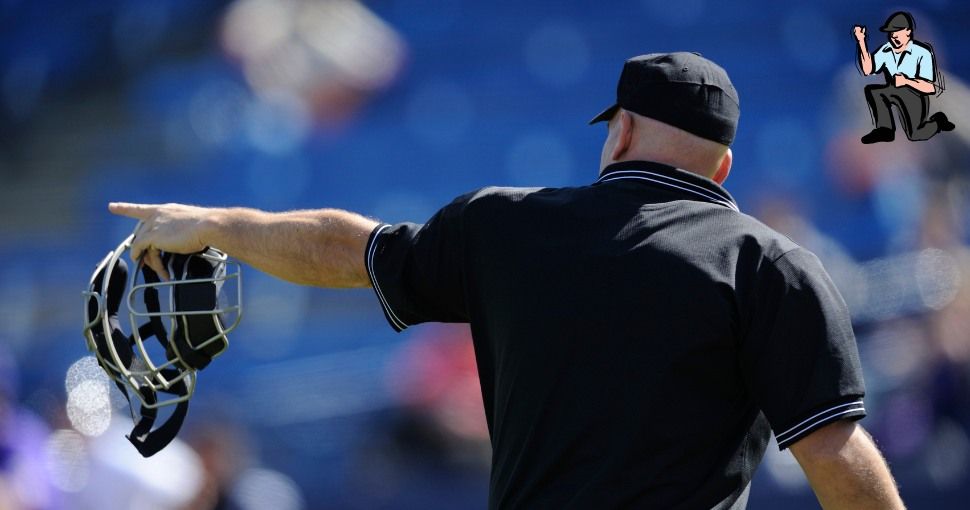
Players and coaches are expected to accept these decisions with grace and without excessive arguing or dissent. Challenging an umpire's call is allowed but should be done respectfully and within the boundaries of the game's rules. This unwritten rule maintains order and sportsmanship on the field, emphasizing that the umpire's authority is to be upheld and respected.
Unwritten Rules of Baseball
FAQs
Q: Are there unwritten rules in baseball?
Answer: Yes, baseball has a long-standing tradition of unwritten rules, often referred to as "the code" or "baseball etiquette." These unwritten rules govern various aspects of the game, including sportsmanship, respect, and strategy.
They are a crucial part of baseball culture and are passed down through generations of players. While not officially part of the rulebook, these unwritten rules play a significant role in shaping the conduct and strategy of the game, promoting fairness, respect, and the preservation of baseball's unique traditions.
Q: What is the 3 0 unwritten rule in baseball?
Answer: The "3-0 unwritten rule" in baseball refers to the expectation that when a batter has a 3-0 count (three balls and no strikes), they should not swing at the next pitch unless their coach or manager gives them the green light to do so.
Mostly, batters take the pitch to draw a walk because a 3-0 count is considered a favorable situation for the hitter. Swinging in this situation is often seen as disrespectful to the opposing pitcher, as it can be seen as taking advantage of their potential control issues.
However, there are exceptions, and some players may swing in specific game situations where it's strategically advantageous or when their manager permits it. It's one of the many nuanced unwritten rules in baseball that reflect the sport's traditions and codes of conduct.
Q: What is the unwritten rule in basketball?
Answer: Basketball also has its share of unwritten rules, although they may not be as extensive or well-defined as those in baseball. Some common unwritten rules in basketball include:
- Respect for the Game: Players are expected to show respect for the sport, opponents, officials, and fans by playing with integrity and good sportsmanship.
- Running Up the Score: Similar to baseball, in lopsided games, teams are often discouraged from running up the score or attempting to embarrass the opponent.
- End-of-Game Situations: In the final moments of a game when the outcome is decided, teams typically don't take unnecessary shots or engage in showboating.
- Foul Etiquette: In late-game situations, if a team has a significant lead, they may intentionally commit a foul to stop the clock and extend the game.
- Handshakes: After a game, it's customary for players to shake hands with opponents as a sign of respect, win or lose.
- Not Complaining to Officials: While players may express frustration with calls, excessive arguing with referees is generally frowned upon.
These unwritten rules help maintain sportsmanship and respect in the game of basketball, much like in baseball.
Q: What are examples of unwritten rules?
Answer: Unwritten rules exist in various sports and often emphasize sportsmanship, respect, and fair play. Here are some examples from different sports:
Baseball:
- Don't bunt to break up a no-hitter.
- Don't swing on a 3-0 count with a big lead.
- Don't steal bases when greatly ahead or behind.
- Pitchers should not show emotion after striking out a batter.
- Don't step on the pitcher's mound.
Basketball:
- Respect the opponent by not running up the score in a lopsided game.
- Show sportsmanship by shaking hands with opponents after a game.
- Avoid showboating or excessive celebration, especially in blowout wins.
- Don't intentionally injure opponents.
- Avoid excessive arguing with referees.
Golf:
- Maintain silence and stillness while a player is making a shot.
- Repair any divots or ball marks on the green.
- Allow the player with the best score on the previous hole to tee off first.
- Don't walk through a player's putting line.
- Keep pace with the group ahead to avoid slow play.
Soccer:
- Don't intentionally dive or feign injury to draw fouls or penalties.
- After a goal, avoid excessive celebrations, especially if the game's outcome is still in doubt.
- Shake hands with opponents before and after the game.
- Don't waste time or engage in time-wasting tactics when your team is winning.
- Don't celebrate a goal against your former team with excessive enthusiasm.
Q: What is the golden rule in baseball?
Key Takeaways!
In the grand tapestry of baseball, the unwritten rules provide an extra layer of nuance and tradition that enriches the game. They reflect not only the strategies of play but also the deep respect for the sport's history and the camaraderie among players. These unwritten codes of conduct transcend the official rulebook, emphasizing the importance of sportsmanship, fairness, and respect for the game's traditions. They are a reminder that baseball is not just about the physicality of hitting, throwing, and catching, but also about the intangibles—honor, respect, and the unwavering bond between players and their timeless sport. While these rules may evolve with time, they remain an integral part of baseball's enduring legacy.
Must-Read Articles for Baseball Enthusiasts
- Baseball Training Apparel That Elevates Your Game to the Next Level!
- Stylish Baseball Bag That Will Make You Feel Like a Pro!
- Mind-Blowing Facts You Didn't Know About Baseball - Thanks to Baseball Reference!
- 4 Baseball Cleats That Will Have You Stealing Bases Like a Pro!
This article is sponsored by:

